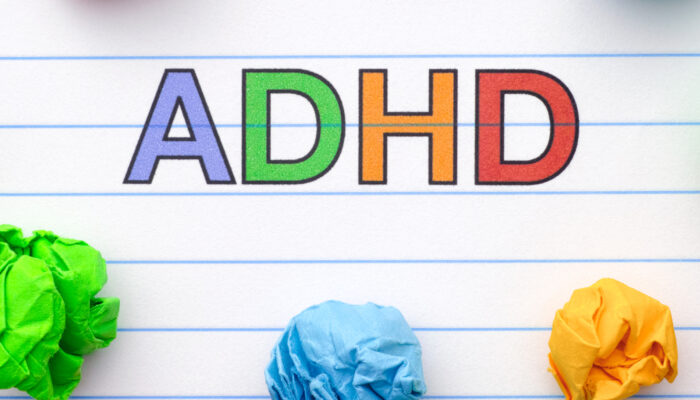
Human Foods That are Harmful for Pets
It’s hard to say no when our pets stare at our meals and snacks with sad eyes. However, feeding human food to cats and dogs can put them in danger of a wide variety of medical issues (i.e., diabetes, pet toxicity, weight gain and arthritis). The majority of human foods pose a risk for our pets. However, there are a few human foods that are particularly dangerous for cats and dogs, which may result in pet toxicity and even death if consumed:
1. Grapes and raisins
Grapes and raisins can be a delicious treat for humans. And it’s not at all uncommon for pet owners to leave them on counters or tables to partake of throughout the day. However, anyone with a dog or cat needs to be very careful to keep both grapes and raisins out of their reach. Both species can experience severe kidney problems if they eat either of these foods. As such it’s best to keep them out of a pet’s reach. This is especially true if one’s pet already has issues with their kidneys.
2. Onions and garlic
Onions, garlic and other members of the allium species of plants are toxic to dogs and cats. Cats are the more susceptible of the two species. But either will experience severe health issues if they ingest onions, garlic or related species of plants. The symptoms of pet toxicity to look out for include vomiting, lethargy and lack of muscle coordination. Over time urine may also become red or discolored. Both onions and garlic directly damage red blood cells in the animal’s body. The prognosis is good if the poisoning is caught early enough. In this case a veterinarian can induce vomiting, provide IV infusions and use activated charcoal to help remove the poison from the pet’s body. Onions and garlic are particularly dangerous because they’re such a common flavoring agent in people’s meals. Junk food in particular often uses these spices for flavor. As such, one should always be wary about giving human snack food to a pet.
3. Raw eggs
Eggs can be a high protein snack that either a dog or cat will benefit from. However, that’s only the case when the egg has been properly cooked. Dogs, cats and even humans have to watch out for one specific issue with eggs. A raw egg often acts as an incubator of sorts for bacteria. This means that a raw egg is often filled with bacteria including e. coli or salmonella. Eggs also contain something known as avidin. Avidin blocks absorption of some types of vitamins in cats and dogs. This isn’t a problem with cooked eggs as the heat destroys avidin. But a raw egg can interfere with an animal’s ability to make proper use of other foods.
4. Raw meat and bones
Raw meat might seem like a great natural food for pets. However, it’s important to keep in mind that most meat is sold under an assumption that it’ll be cooked. This means that any safety concerns are based around the idea that the meat will be exposed to enough heat to kill lingering pathogenic viruses or bacteria. Some meat might even be a host for worms or other parasitic agents. Additionally, bones are a significant choking hazard.
5. Chocolate and caffeine
Dogs and cats both have difficulty metabolizing xanthines. This class of chemical includes caffeine and some substances found in chocolate. As such, it’s important to keep chocolate and anything with caffeine away from dogs and cats. The early symptoms of exposure can consist of extreme excitation and vomiting. But these are only the visible signs of what’s going on in their bodies. Their hearts are typically straining under the effects of over stimulation. This can result in arrhythmia or even heart attacks.



